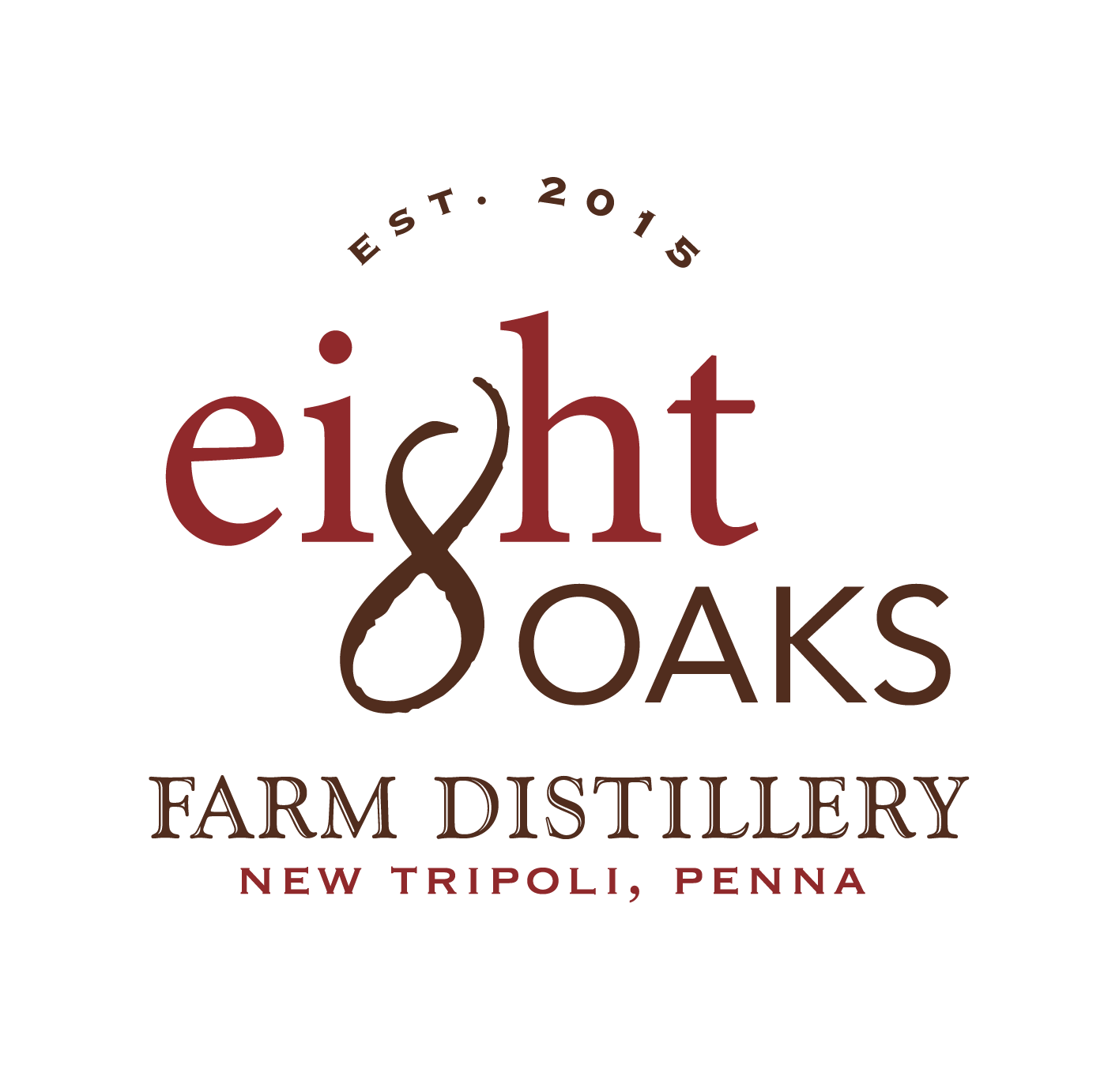The Rye Whiskey Rebellion: Shaping Pennsylvania's Distilling Legacy
As the rolling hills of Pennsylvania whisper tales of a bygone era, one story stands out in American history—the Rye Whiskey Rebellion. Born from resistance to unjust taxation, this rebellion not only left a mark on the landscape of Pennsylvania but also laid the foundation for the state's enduring distilling legacy. Join us as we delve into the tumultuous events of the past and explore their lasting impact on Pennsylvania distilleries, whiskey, and the world today.
The Birth of a Rebellion
In the aftermath of the Revolutionary War, the United States faced many economic challenges.
The war had left our young nation saddled with significant debts, prompting Congress to explore new sources of revenue. To bolster federal coffers, in 1791 Congress passed the Excise Whiskey Tax, imposing a levy on distilled spirits produced and sold within the United States. This tax, however, was particularly burdensome for the farmers and distillers of Pennsylvania, where whiskey production was not just a livelihood but a way of life.
Accustomed to the freedom of self-sufficiency and resentful of external interference, Pennsylvanians viewed the whiskey tax as a symbol of government overreach and a threat to their economic independence. Thus, when federal tax collectors began enforcing the new law in the western frontier regions of Pennsylvania, a wave of discontent and resistance swept across the state.
Led by passionate farmers and distillers, communities banded together to protest what they perceived as unjust taxation, laying the groundwork for what would become known as the Rye Whiskey Rebellion.
A Show of Strength
The Whiskey Rebellion quickly gained momentum, with thousands of armed rebels marching on tax collectors and government officials. In response, President George Washington dispatched federal troops to quell the uprising, marking the first time in U.S. history that the government deployed military force against its citizens.
The conflict came to a head in 1794 when a standoff occurred near Pittsburgh, culminating in the arrest of several rebel leaders and the dispersal of the insurgent forces.
Despite the rebellion's ultimate defeat, its legacy endured, thus shaping the course of American history and the spirit of Pennsylvania's distilleries.
Legacy of Resilience
Although the Whiskey Rebellion dealt a blow to Pennsylvania's fledgling distilling industry, the spirit of defiance and resilience persisted with its distillers. In the years that followed, Pennsylvania distilleries rebounded, embracing innovation and craftsmanship to produce some of the finest spirits in the nation.
Today, the legacy of the Rye Whiskey Rebellion lives on in the rich tradition of Pennsylvania rye whiskey, a testament to the enduring spirit of independence and ingenuity that defines the state's distilling heritage.
Looking to the Future
As stewards of this proud legacy, Eight Oaks Farm Distillery remains committed to honoring Pennsylvania's distilling traditions, while forging new paths of innovation and sustainability.
By crafting small-batch rye whiskey using locally sourced grains and traditional methods, we pay homage to the spirit of resilience that has defined Pennsylvania distillers for centuries.
As you raise a glass of our handcrafted spirits, join us in celebrating the enduring legacy of the Rye Whiskey Rebellion and the rich tapestry of history that continues to inspire us today.
Cheers!
We don’t just make whiskey, we make a difference.
Tell us what you want to see in future blog posts. You can do that by sending your feedback to Josh at jvandenberg@eightoaksdistillery.com.
We’ll work as many questions into future posts as we can. For those topics selected, we’ll make sure to send you a fun prize pack.

